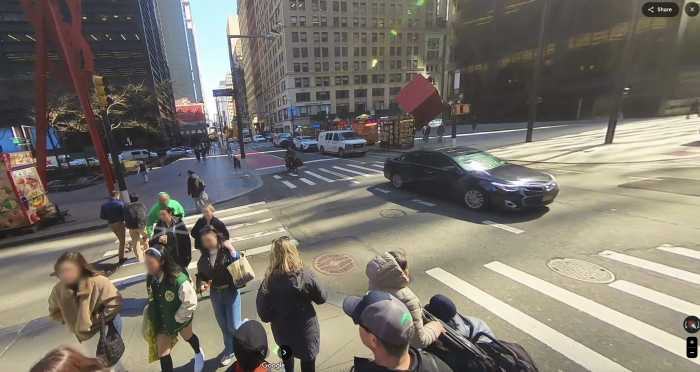Backtracking from the legal decisions of judges begs the question of how a particular result was reached. Disgruntled litigants sometimes surmise that there was a “fix,” that the judge was paid off or that there was favoritism of some kind. Thankfully bribes of the judiciary are not commonplace but political allegiances and campaign contributions sometimes taint the process or at least the image of a judiciary that is supposed to be fair and impartial, functioning without fear or favor. Perhaps the greatest judge in the history of our nation, Benjamin Cardozo, who served on our New York Court of Appeals and the Supreme Court of the United States, unfortunately passing at age 54, wrote of the pure intellectual process in which judges should engage. Judges do not have the luxury of doing nothing which is always a potential solution to any legal problem. They must decide, but how?
The process begins by determining facts and issues. Next what is the law, if any, relating to those issues? Is the controversy based upon local, state or federal statutory law, common law and/or state or federal Constitutional law or a combination of them? A few examples may help to explain the point.
The village had a law that outlawed “pit bulls.” The defendant challenged the constitutionality of the law based upon the fact that state law precluded discrimination against a particular breed. I reluctantly exercised the power of judicial review to declare the local law unconstitutional. Dog-lovers from around the nation supported the outcome.
Another defendant came before me for the third time on an unlicensed operation charge. He could not get a license because he did not have a social security number. I knew that in addition to driving without a license that he was operating heavy construction equipment, also without a license but also to earn a living. All I could do on a plea of guilty was to fine him $150 and give him 15 days in jail where Nassau’s taxpayers would have to foot the bill and he would return again on unlicensed operation charges. I decided to declare the state’s unlicensed operation law unconstitutional as violative of the equal protection provisions of our state and federal constitutions.
[In that case,] the New York Post accused me in an editorial of legislating. I was reversed on appeal because the defendant could not afford counsel and the village’s issues were unopposed. But the state law has since changed as a result of that decision, making it easier for new immigrants to obtain licenses. My goal was to provide greater safety on the roadways by a change in the law which would make new immigrants eligible for licenses and require them to take driving tests.
Sometimes little courts make big law but the primary focus is the search for justice usually with practical solutions but sometimes by providing decisions that are of first impression. Judges have a responsibility to uphold, protect and defend the Constitution, even when the lawyers or defendants before them, neglect to do so.
Tom Liotti is the village justice in the Village of Westbury.

































